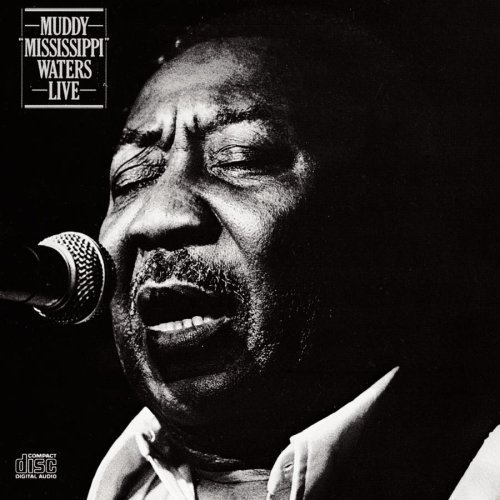Photo: Gai Terrell—the legendary Redferns Picture resource for music
Jas Obrecht: For a beginner, could you explain the advantages of playing in an open tuning versus standard tuning?
Johnny Winter: Well, when you’re playing with a slide, the advantages are that you’ve got that chord there. You can just barre the strings and you’ve got a chord to work with. That’s the advantage – that you’ve got an open chord to work with, and you can have that chord ring down in the bass notes while you play the top strings with your fingers – I do some of that. You know, I keep the bass going with my thumb and play lead with my fingers, especially if I’m playing by myself. That’s a big help. The notes are easier to go to. It’s easier to go to blues notes in those two tunings than it is if you’re just tuning to standard tuning. Duane Allman was about the best slide man at playing with a regular tuning. You just don’t get too many chords, especially if you don’t use your little finger [for the slide]. That’s pretty important.
I started out using my ring finger because it really feels weird playing with a slide on your little finger, but a guy from the Denver Folklore Society – I think his name was Dave Debetzer – he was a blues freak, and he got me my first National guitar for about a hundred-and-fifty bucks, and he really helped me a whole lot, man. He forced me to use that little finger. He said, “Man, you’re gonna be unhappy later on down the line if you don’t change.” It’s so hard to do at first.
So you were initially wearing the slide on your ring finger, like Duane did.
Yeah. That’s what feels natural at first, but when you do that, you really can’t play chords. You can fret with those free fingers if you put the slide on your little finger. You can do a lot of fretwork with those three fingers. If you put the slide on the middle, it pretty much screws you up. You can’t do much chord work that way. So I have the slide halfway up my little finger, not all the way on it, but halfway up to where I can still bend that little finger.
What were your favorite slide cuts? What would be essential for a young player to check out?
It’s good to start with someone like Son House, because Son played real simple. Robert Johnson, without a doubt, though, is the best of those Delta guys. He’s so far above everybody else that it was scary. Robert Johnson, without a doubt. Either one of those Columbia Robert Johnson albums – the first one and King of the Delta Blues. That stuff is just great. That’s really where I learned most of my first stuff. Well, actually the first slide I heard was Muddy Waters. It was off this album The Best of Muddy Waters, on Chess. And I didn’t know what it was. I remember hearing it for the first time, and at first I thought it was a steel guitar. And then I could tell for sure there was one cut on there that was just one guy playing, and he would fret the guitar sometimes and sometimes he would use the slide. I didn’t know what it was for a long time.
I just kept buying albums, and I’d hear somebody else. I don’t really remember how I finally found out what it was – I think probably from some album liner notes. But as soon as I found out what was going on, I started experimenting with different things and trying to get the right tuning.
First I was trying slide without tuning my guitar different at all, and I knew that wasn’t right. And then you just got to where you could hear it by listening over and over. You could hear this must be tuned to this chord, and I would just tune my guitar where I thought was right and then I would play along with it. I started being able to copy what was on the record, so then I figured, “Well, this must be right.” That’s the way I learned it.
Later on, after the Muddy Waters stuff, I found the Son House album on Columbia, right when he had been rediscovered and he’d just put this album out. I think it was The Legendary Son House. It was definitely on Columbia. It was right when he first got rediscovered.
©2024 Jas Obrecht.
Photo: Gai Terrell—Redferns
source




